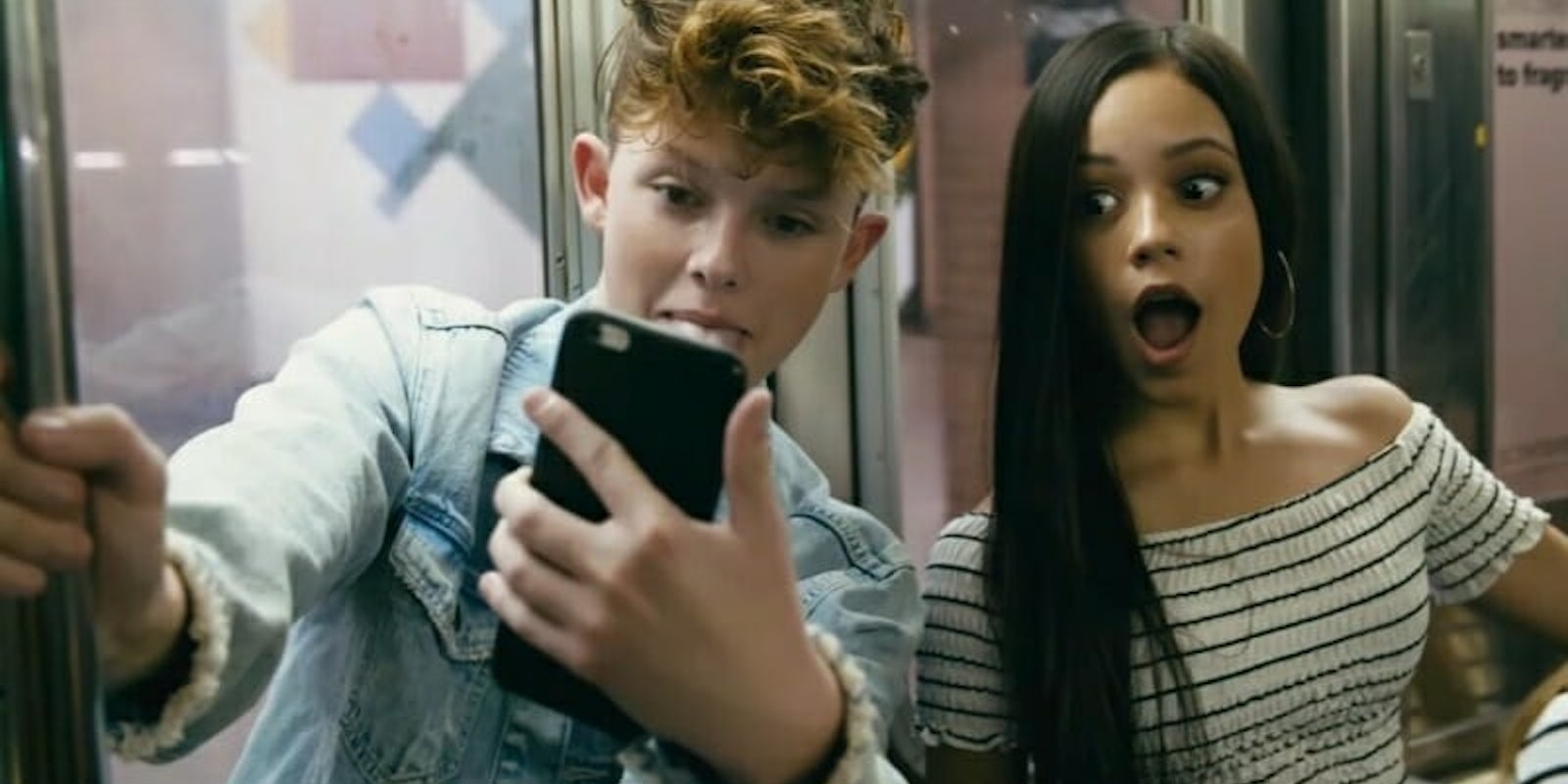The teen and pre-teen lip-syncers on Musical.ly have officially put in their final performances on the mega-popular app. That’s because the app that jumpstarted the careers of Jacob Sartorius and Baby Ariel has been shut down by the Chinese company that bought it last November.
But don’t worry, all the videos and data will still exist. As Inverse reports, everything that was once on Musical.ly will now be featured on Musical.ly’s former competitor TikTok. The app, owned by the company ByteDance, which bought Musical.ly for $800 million in November 2017, will have the same components as Musical.ly.
“Musical.ly is growing and evolving, with a new name,” a TikTok spokesperson told TubeFilter. “With Musical.ly and TikTok merged, the mission remains unchanged, and we continue our social media revolution by truly enabling everyone to be [a] creator. Also, our users will enjoy a much bigger and more global community, better content experience, and faster product innovations in the future.”
Though Musical.ly—which launched in 2014—was undeniably more popular than TikTok in the U.S. and Europe, TikTok had the market cornered in Asia, and Stefan Heinrich, TikTok’s head of global marketing, told Reuters that it was time to merge the two together.
“Musical.ly and TikTok currently operate in complementary geographies without much overlap and as both platforms continue to grow rapidly now is the time to bring them together,” Heinrich said.
It also sounds like TikTok—which reportedly had 500 million monthly users in June compared to Musical.ly’s 100 million—will offer a larger range of content than Musical.ly could.
“[TikTok] “better reflects the breadth of content created on our platform that extends beyond music to comedy, performance art and more,” Heinrich said.
According to the Verge, TikTok was the most downloaded iOS app in the world in the first quarter of 2018, ahead of YouTube, WhatsApp, and Facebook Messenger.


